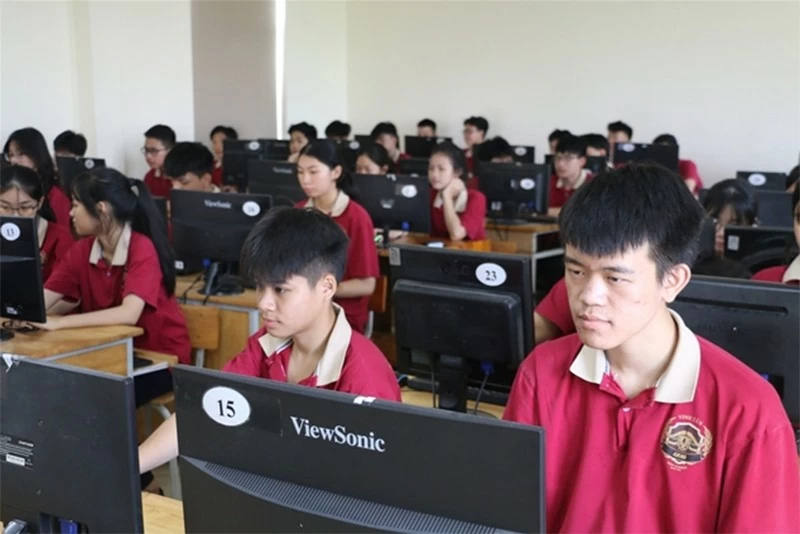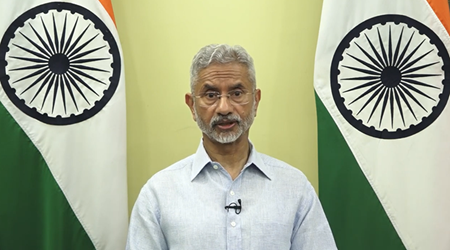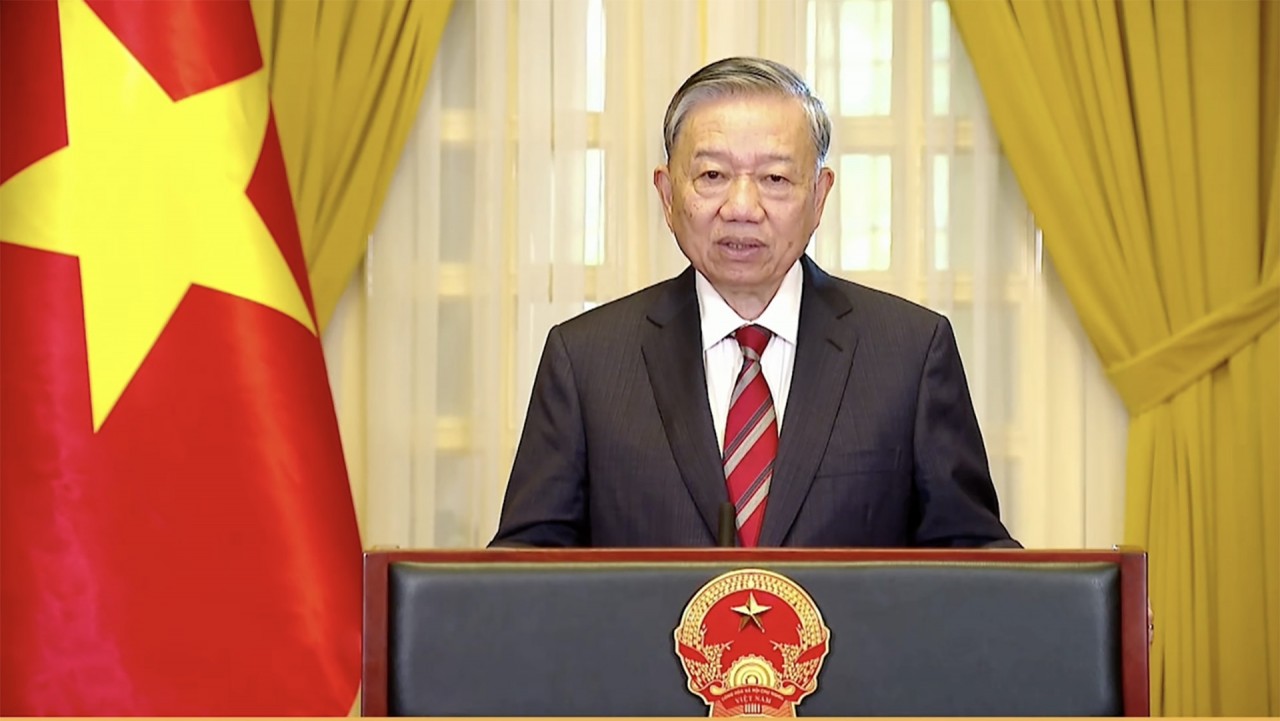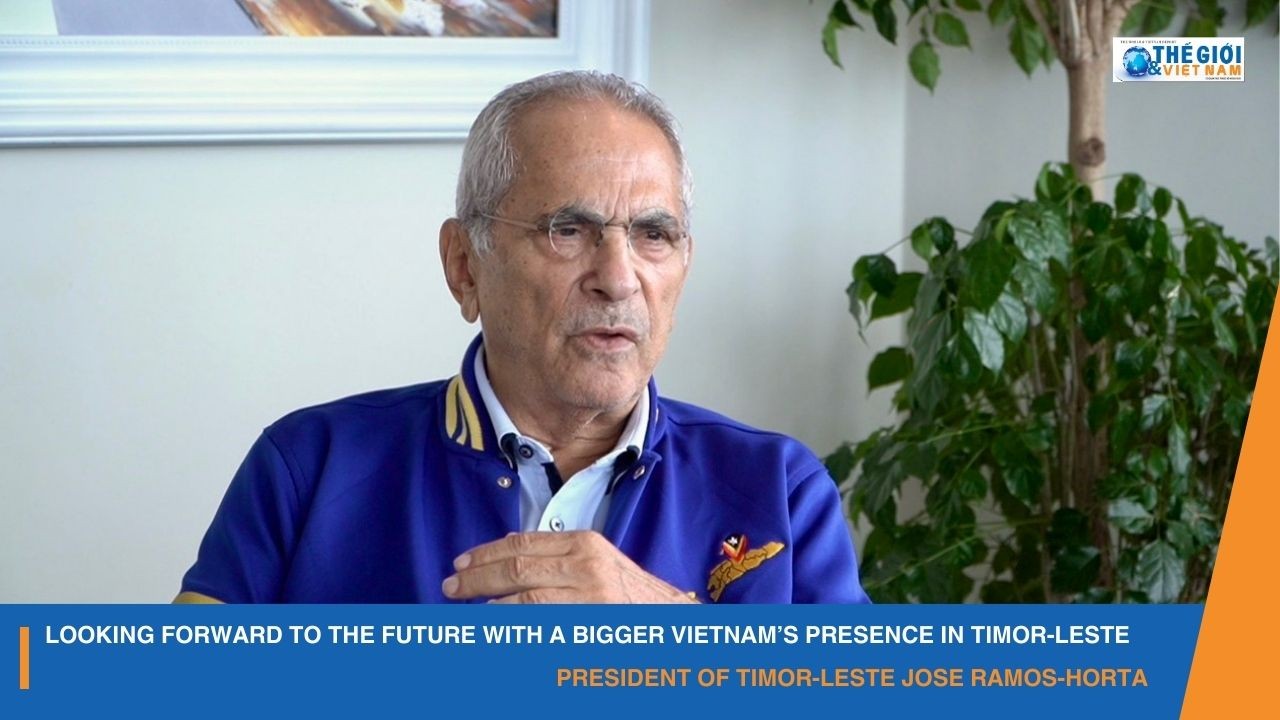
New decree to overhaul investment in education
Latest
 |
| New decree to overhaul investment in education |
The Government recently issued a new decree to overhaul the regulatory framework governing foreign investment in the education sector.
A key highlight of the decree, is the simplification of 14 administrative forms, the introduction of online submissions and the enhancement of data sharing among government agencies.
The decree (Decree No.124) also offers investors more flexibility by allowing for a phased investment timeline, particularly for newly established educational institutions with lower enrollment numbers.
It mandates that investors demonstrate a substantial commitment to their projects by realising at least half their committed investment before securing operational approval. They are also required to realise full investment within a five-year timeframe.
Disclosure requirements are tightened, with educational institutions obliged to provide detailed and accurate information to the public, including information on the curriculum and the institutions' demographic composition. Such disclosures must be made available on their websites.
The decree also outlines guidelines for naming foreign-invested educational institutions in Việt Nam, requiring their names to be clear, distinct and free from misleading information. They must also adhere to Vietnamese cultural norms and traditions, avoiding the use of disrespectful and offensive terms or symbols.
The decree also outlines the regulatory requirements for foreign universities partnering with Vietnamese institutions.
These universities must be authorised by their respective governments and their programmes in Việt Nam must comply with the quality assurance standards set by the governments and a recognised quality assurance body.
It is also mandated that foreign universities seeking to establish branch campuses in Việt Nam meet stringent criteria, including being among the top 500 universities globally in the previous three years and committing to maintain the academic standards set by their home countries.
Their branch campuses must also comply with Vietnamese regulations on facilities and faculty qualifications.
The degree also sets out regulatory requirements for foreign early childhood and general education programmes implemented in Việt Nam.
Such programmes must be accredited by a relevant foreign educational body, be implemented successfully for at least five years in their home countries and be compatible with Việt Nam's educational goals.
Foreign early childhood and general education institutions, additionally, are required to consult with local education authorities to ensure their programmes are implemented properly in the country.
Issued on October 5, 2024, the decree will come into effect on November 20, 2024.
| TIN LIÊN QUAN | |
| Vietnam is the most investment worthy place in ASEAN: US paper | |
| Vietnam ranked 6th among fastest growing Asian economies in 2024 | |































